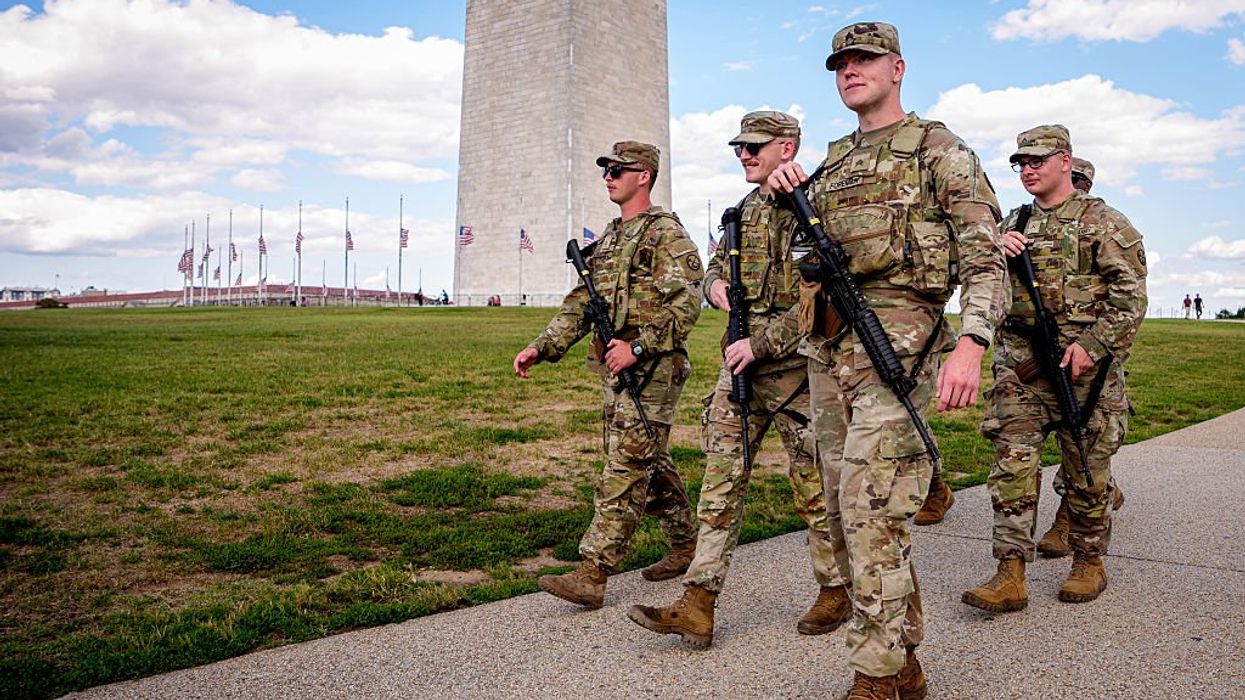Welcome to the Fulcrum Roundtable.
The program offers insights and discussions about some of the most talked-about topics from the previous month, featuring Fulcrum’s collaborators.
Consistent with the Fulcrum's mission, the Fulcrum Roundtable strives to share many perspectives to widen our audience’s viewpoints.
The Trump Administration’s use of National Guard deployments and intensified ICE raids has redrawn the contours of immigration enforcement in the United States. Touted by supporters as essential for national security and condemned by critics as a breach of civil liberties, these tactics have ignited lawsuits, stirred fear, and galvanized communities into action.
To explore the implications of these federal strategies, I spoke with:
Debilyn Molineaux, a storyteller, collaborator, and connector. For 20 years, she led cross-partisan organizations. Her accolades include being a co-founder of the Bridge Alliance and a former co-publisher of The Fulcrum.
Rachel Hoopsick, an Assistant Professor of Epidemiology and a Public Voices Fellow of The OpEd Project and the University of Illinois.
Edward Saltzberg is the Executive Director of the Security and Sustainability Forum and writes The Stability Brief.
- YouTube youtu.be
In the column, We Are Chicago, Debilyn asked: Is it law and order when ICE are patrolling American neighborhoods hunting undocumented people—or part of a larger authoritarian play to use SWAT-style takedowns and raids to scare people into surrendering their civil rights?
In Guarding What? The Moral Cost of Militarizing Our Cities, Rachel wrote about deploying National Guard troops to engage with civilian populations, carries deep consequences—for both the communities involved and the soldiers tasked with the mission.
Edward wrote: Democracy depends on courage: the willingness of people with something to lose to speak when it matters most. Some institutions still hold. But others are buckling.
He continued the conversation he started with his column, Courage Is Contagious.
The writers offered essential perspectives on the moral costs of militarizing our cities, the challenge to civil rights, and the critical role of courage in sustaining democracy when institutions are tested.
I invite you to read their columns and those of all of The Fulcrum's contributors. It's time well spent.
Hugo Balta is the executive editor of the Fulcrum and the publisher of the Latino News Network.





















